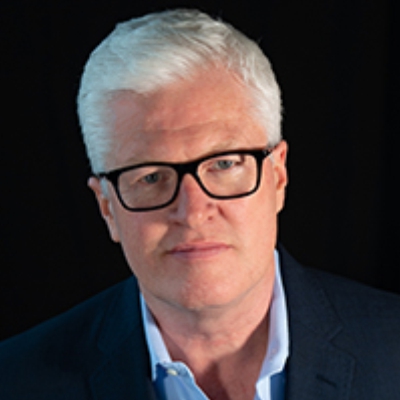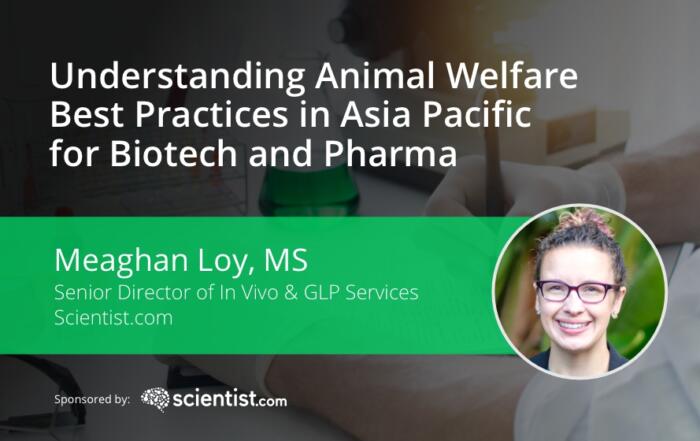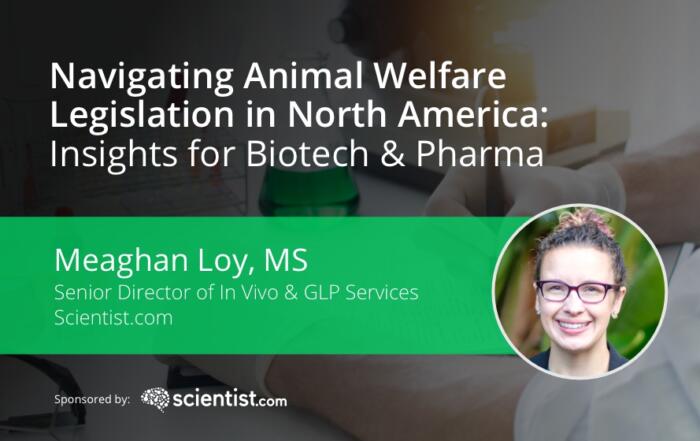The American Physiological Society (APS) and InsideScientific are pleased to announce a joint webinar series focused on providing the next-generation scientists with the necessary tools to succeed in science, specifically the skillsets and key tools that are most relevant in today’s modern world.
Many established physiologists say that their professional engagement outside the lab has profoundly affected their careers. Whether through participation in the American Physiological Society (APS) or the broader scientific community, these opportunities provide invaluable connections and skills that contribute to professional success.
In this webinar, APS member Carmen De Miguel, MS, PhD, and APS Executive Director Scott Steen, CAE, FASAE, will give an overview about how trainees and early-career scientists can benefit from getting involved with the Society. They will discuss what emerging members of the physiology community can learn from participating in science outreach and promotion activities within their local community.
Click to watch the webinar recording. To view the presentation full screen simply click the square icon located in the bottom-right corner of the video viewer.
Resources
To retrieve a PDF copy of the presentation, click on the link below the slide player. From this page, click on the “Download” link to retrieve the file.
Presenters
Executive Director
American Physiological Society
Assistant Professor of Medicine
Nephrology
University of Alabama at Birmingham







